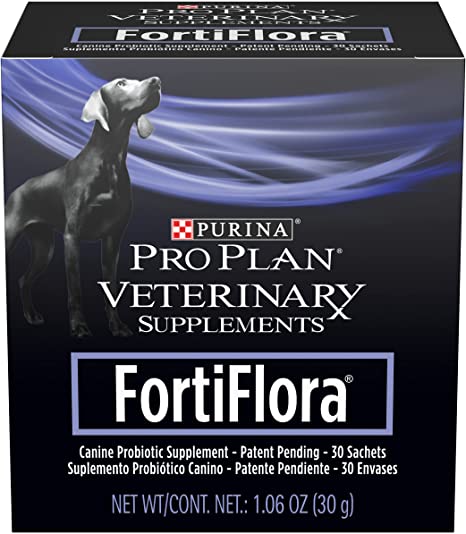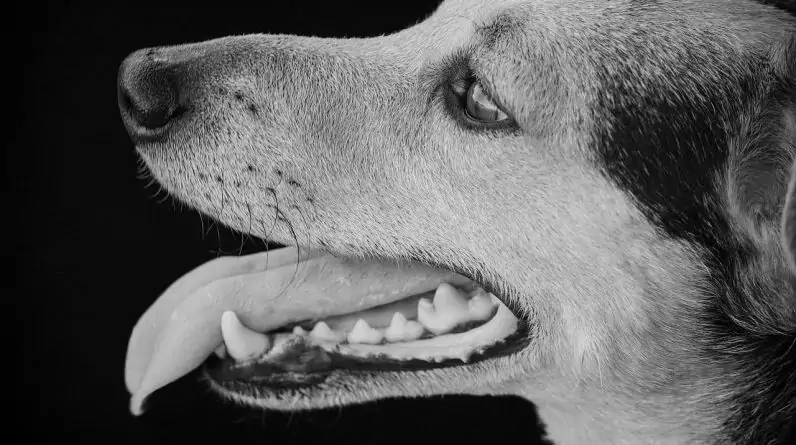
Skin issues – 8 Health Problems in Senior Dogs
Senior dogs are susceptible to a variety of skin problems. Having abnormal skin can indicate a variety of problems, including fleas and ticks, infections, and mange. Even the most common problems can be painful, and if left untreated, can lead to more serious problems. The first step in treating a skin problem in your dog is to identify its cause. However, if you have concerns about the appearance of your dog’s skin, it is always best to consult a veterinarian.
Warts – 8 Health Problems in Senior Dogs
If you’ve noticed your dog has small, itchy bumps around the tail area, it may have warts. While this condition is generally harmless, it can be an issue if you accidentally brush your dog’s face or clip his collar, which can chafe the skin. In some cases, warts may even cause difficulty eating, so it’s important to treat this condition as soon as possible.
Compound W Wart Remover Fast Acting Gel
Arthritis
Canine arthritis is a painful condition, and there are a few symptoms you should look for to help diagnose the disease. Arthritis is the result of chronic inflammation and remodeling of the bone and tissue surrounding the joints. Arthritis is often painful, and most veterinarians will prescribe an anti-inflammatory or pain killer for your dog. These medications, however, often have side effects, and you should always work with your vet to find the right solution for your dog.
Buy Dog Training & Behavior Supplies Today – Shop 2,000+ Brands at Chewy
Dementia
Managing the symptoms of dementia in senior dogs is a challenge, but there are many ways to make life easier for your dog. You can provide structured activities during the day that will keep your dog mentally stimulated and entertained. It will also benefit from sunlight, which helps regulate the sleep-wake cycle. Make sure you walk your dog regularly; don’t restrict the amount of physical activity your dog gets. Pet-proof your home, just as you would for a new baby or toddler. Make sure the furniture and bedding are waterproof, as well.
Cancer
If your dog is displaying signs of cancer, you may wonder whether your pet should undergo chemotherapy. Chemotherapy is an effective treatment that targets cancer cells and is often given intravenously. In addition to chemotherapy, there are also adjunct therapies, such as acupuncture. These treatments may have side effects and should be discussed with your veterinarian. However, you should always report any supplements or alternative therapies to your veterinarian to ensure that they are safe.
Gastrointestinal issues
Most of the time, a dog with gastrointestinal problems will exhibit one or more of the following signs. Symptoms include a „praying“ or hunched posture, and difficulty in swallowing or yelping when picked up. While these signs do not indicate a serious condition, they should prompt your veterinarian to perform a thorough diagnostic workup. In addition to a physical examination, a veterinarian may perform diagnostic tests such as serum chemistries to detect organ system abnormalities, electrolyte imbalances, dehydration, and diabetes. The diagnosis is made based on the clinical signs, medical history, and physical examination.
Obesity
Obesity in senior dogs is often caused by a combination of factors, including age, sex, and reproductive status. The causes of this problem in dogs are varied and include genetics, environment, and owner decisions regarding the food a dog should eat. Other factors can be underlying diseases, such as renal disease or diabetes. Some breeds of dogs tend to have higher obesity rates than others, and obese adult dogs tend to weigh less than neutered dogs.
Weight gain
8 Health Problems in Senior Dogs – Weight Gainer
8 Health Problems in Senior Dogs are often overweight. If your dog has consistently gained weight, you should take him to the vet for an assessment. While weight gain is a normal part of aging, it is still a cause for concern and should be addressed. A veterinarian can help you develop a nutrition plan to achieve that goal. Senior dogs are likely to have more physical limitations than younger dogs, so talk to your vet about any mobility restrictions.










